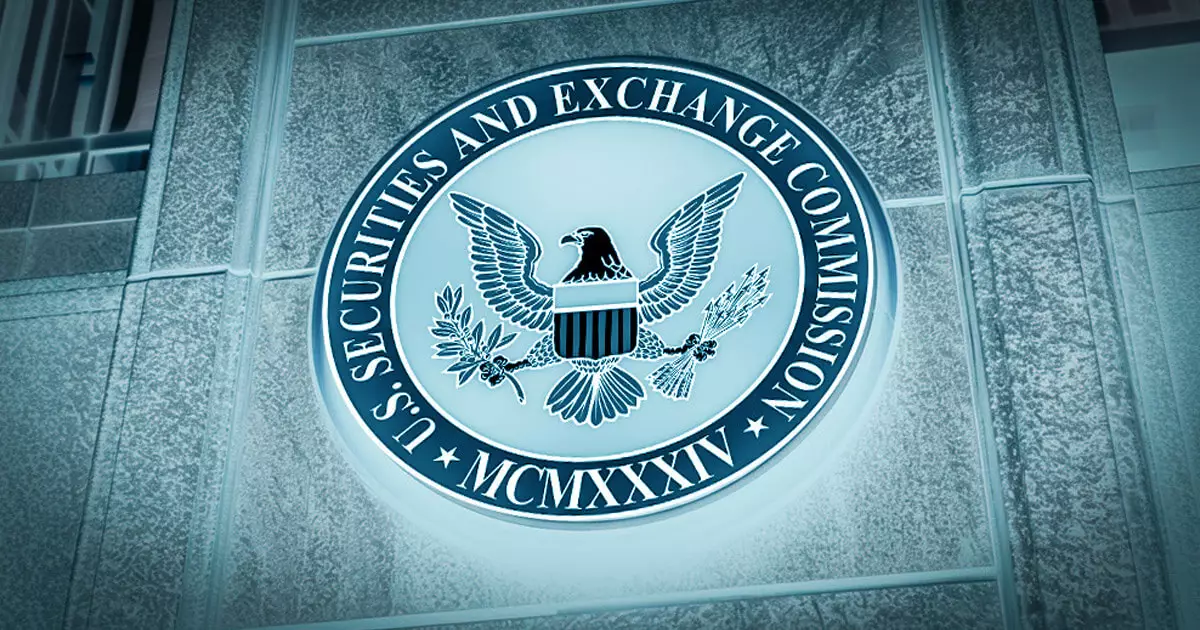In September 2023, Mango Markets, a decentralized finance platform, faced serious allegations from the U.S. Securities and Exchange Commission (SEC) for purportedly offering unregistered securities. This scrutiny intensified following a significant security breach in 2022, which led to a loss of approximately $100 million. The controversy surrounding Mango Markets is not an isolated incident but reflects the growing concern that regulatory bodies have toward the rapidly evolving cryptocurrency landscape, especially concerning decentralization and compliance with security laws.
On September 27, the SEC announced a settlement with both Mango Markets’ decentralized autonomous organization (DAO) and the Blockworks Foundation. The agreement mandates that the entities pay $700,000 in civil penalties, discontinue the promotion and sale of MNGO tokens, and request the removal of these tokens from trading platforms. Perhaps most notably, the terms of the settlement will require the destruction of MNGO tokens altogether. While both parties will not publicly admit to or deny the allegations, they have indicated a willingness to comply with the regulations put forth by the SEC. Such settlements illustrate the increasing push for accountability within the crypto space, where past leniency is now yielding to a rigorous regulatory approach.
The proposal to settle with the SEC was reportedly endorsed by a community vote within the Mango DAO in August, which illustrates a level of democratic engagement among stakeholders. However, it raises critical questions about the true autonomy of decentralized organizations; is a community consensus truly representative of the broader user base? Furthermore, in an additional but parallel move, Mango Markets also proposed a separate $500,000 settlement with the Commodity Futures Trading Commission (CFTC), showcasing the multifaceted regulatory pressures that decentralized platforms now confront.
Legal Precedents and Implications
The SEC’s allegations hinge on the assertion that Mango DAO and the Blockworks Foundation violated the Securities Act of 1933. In its complaint, the regulator underscored that raising over $70 million from investors, including U.S. citizens, could potentially classify these financial instruments—namely, MNGO governance tokens—as unregistered securities. Furthermore, the SEC also named Mango Labs as an unregistered broker, indicating that they engaged in activities tantamount to financial advising, contravening the Securities Exchange Act of 1934. This case exemplifies a critical moment in legal history where regulatory bodies are willing to challenge the notion that decentralized governance structures should be free from accountability.
The settlement signifies a broader trend wherein regulatory agencies are wielding increased authority over decentralized finance (DeFi) platforms. As indicated by the SEC’s statement, the designation of “DAO” does not exempt an entity from compliance with securities laws. This reinforces the premise that the democratic and automated features of blockchain technologies do not shield their operators from legal culpability. As the regulatory environment becomes more stringent, stakeholders within the crypto community—including developers, investors, and users—must prepare for a future where compliance becomes essential rather than optional. Therefore, the Mango Markets case serves as a chilling reminder of the importance of understanding legal obligations in an evolving digital economy.
















Leave a Reply